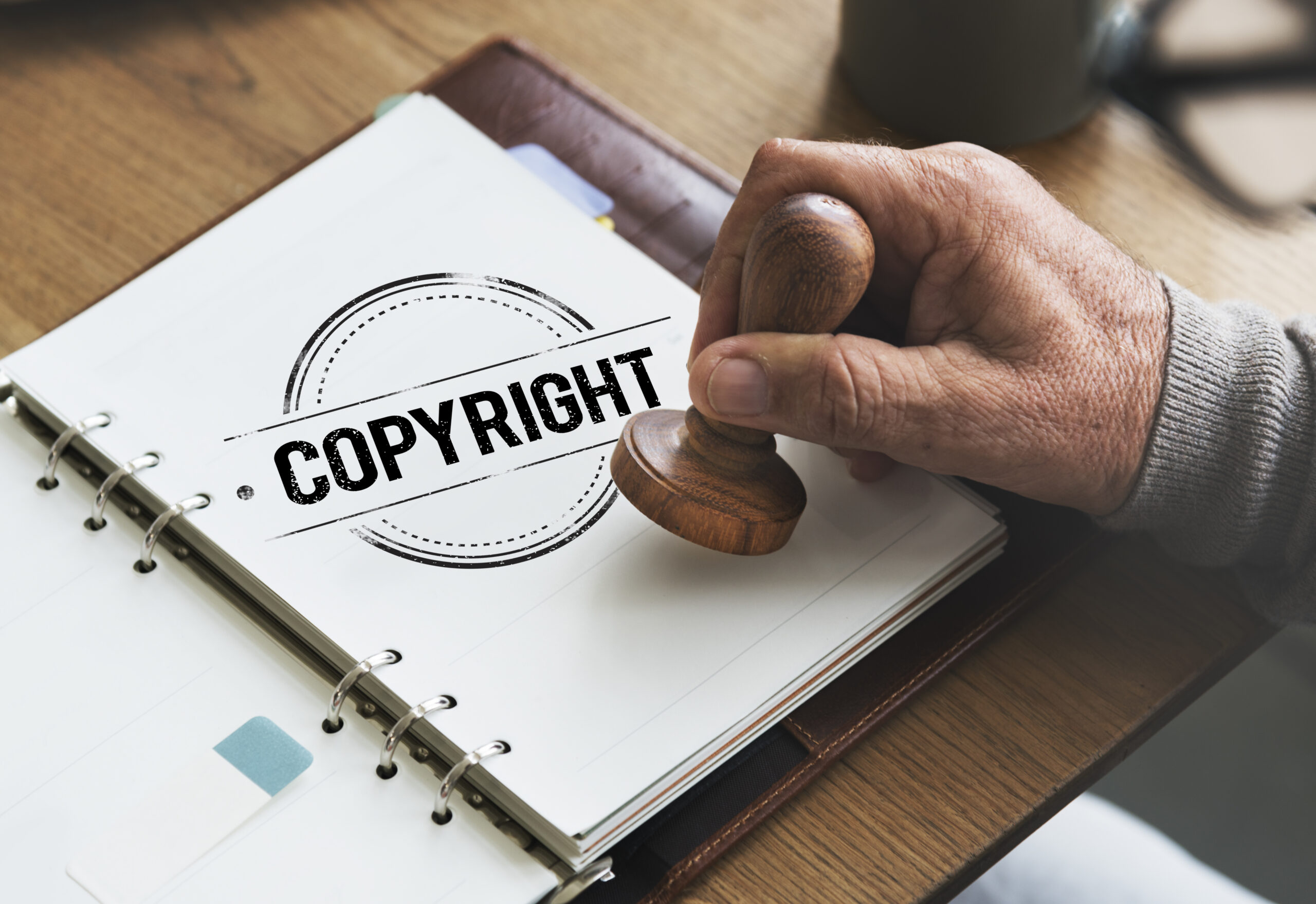In the context of intellectual property law in Lesotho, it’s important to clarify what copyright actually means, especially given the common misconceptions around its scope and function. Copyright is a legal mechanism that grants creators of literary, artistic, and scientific works exclusive rights over how their creations are used, shared, and reproduced. These rights include the ability to adapt, distribute, perform, and publicly display their work. Copyright also enables creators to license or transfer these rights to others, either partially or in full.
The purpose behind this legal protection is to reward creators for their intellectual efforts and investment of time, talent, and resources. As famously suggested by philosopher John Locke, labour deserves reward, if someone has brought something original into existence, they should have control over how it is commercially exploited. Copyright law thus not only protects creators from unauthorised use but also promotes innovation by creating an economic incentive for original creation.
What Works Are Protected Under Lesotho’s Copyright Law?
As per Lesotho’s Copyright Order No. 13 of 1989, copyright applies to a broad range of creative outputs. This includes but is not limited to books, music, photographs, paintings, films, sculptures, and software. Lesotho is also a signatory to the Berne Convention for the Protection of Literary and Artistic Works, which recognises copyright in “every production in the literary, scientific and artistic domain, whatever the mode or form of expression.”
Copyright ownership under Lesotho law typically rests with the author or creator of the work. However, in cases where a work is created during the course of employment and in the absence of a contrary agreement, ownership can transfer to the employer. Section 14 of the Lesotho Copyright Order makes this clear. It is crucial to note that simply possessing a copyrighted item (such as a book or a digital file) does not equate to owning the copyright. The purchaser owns the physical or digital medium, but the underlying intellectual property rights remain with the creator or rights holder.
Do I Need to Register Copyright in Lesotho?
One of the advantages of intellectual property law in Lesotho is that copyright protection does not depend on registration. Once a work meets the necessary criteria, being original, fixed in a tangible medium, and falling into one of the legally recognised categories, it automatically enjoys legal protection under Lesotho law.
The concept of “originality” here does not mean the work must be entirely new to the world. Instead, it must be the result of the creator’s own skill, judgement, and effort. For example, a drawing of a flower or a portrait can qualify for protection if it is not a direct copy of an existing work and if it reflects the creator’s personal style and technique.
Another critical requirement is that the work must be fixed or expressed in a physical form. Copyright does not protect ideas, concepts, or thoughts that have not been materially realised. Writing the script, recording the song, designing the clothing, or producing the artwork is essential for the law to recognise and enforce your rights. This position, though sometimes criticised, is practical and consistent across most jurisdictions. Ideas, by nature, are intangible and difficult to define; requiring physical expression ensures clarity in enforcement and avoids legal ambiguity.
Why Copyright Does Not Protect Ideas
A frequently misunderstood issue in copyright discussions is the protection of ideas. According to Lesotho’s copyright framework, an idea alone, no matter how innovative, is not protected unless it has been reduced to a tangible form. This distinction encourages creativity and competition. For instance, two individuals may have the same concept for a story, but each person’s written version will differ in language, tone, and execution. The law protects these expressions, not the shared idea itself.
This approach ensures that creators are motivated to act on their ideas and contribute meaningfully to the development of arts, literature, and technology in Lesotho. It also prevents monopolies over abstract concepts, which could stifle rather than promote innovation.
Conclusion: The Role of Lesotho Lawyers in IP Protection
If you’re a creator, entrepreneur, or innovator in Lesotho, it is essential to understand your rights under Lesotho’s intellectual property law. Copyright protection applies only to specific categories of work, such as written texts, artworks, music, and software that are original and materially expressed. The legislation outlines what qualifies for protection and who owns the resulting rights.
While general international principles apply, it’s important to consult with a knowledgeable Lesotho lawyer for advice specific to your situation, including issues around joint authorship, licensing agreements, or employer-created works. With proper legal guidance, you can safeguard your creations, monetise your rights, and ensure compliance with evolving Lesotho law on intellectual property.

